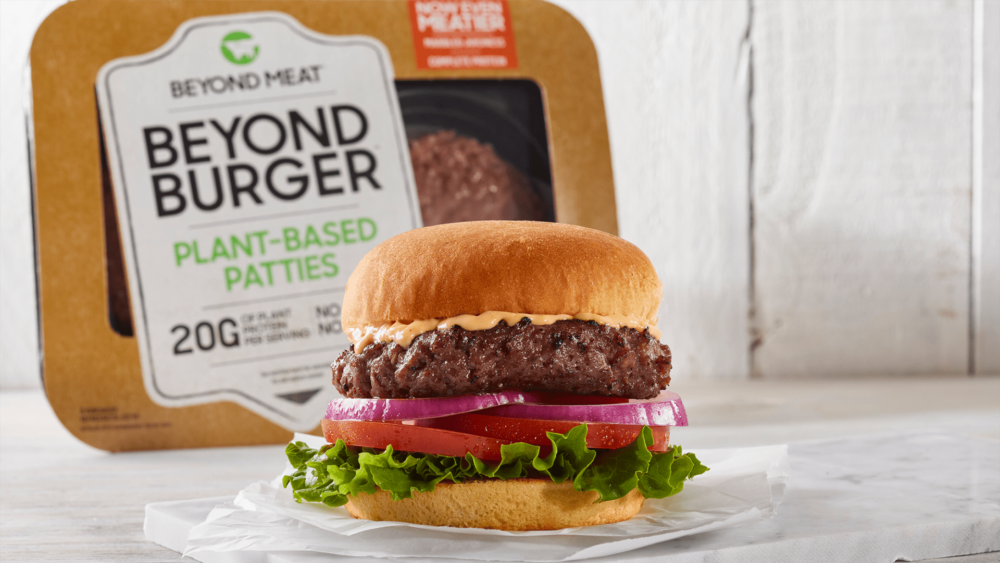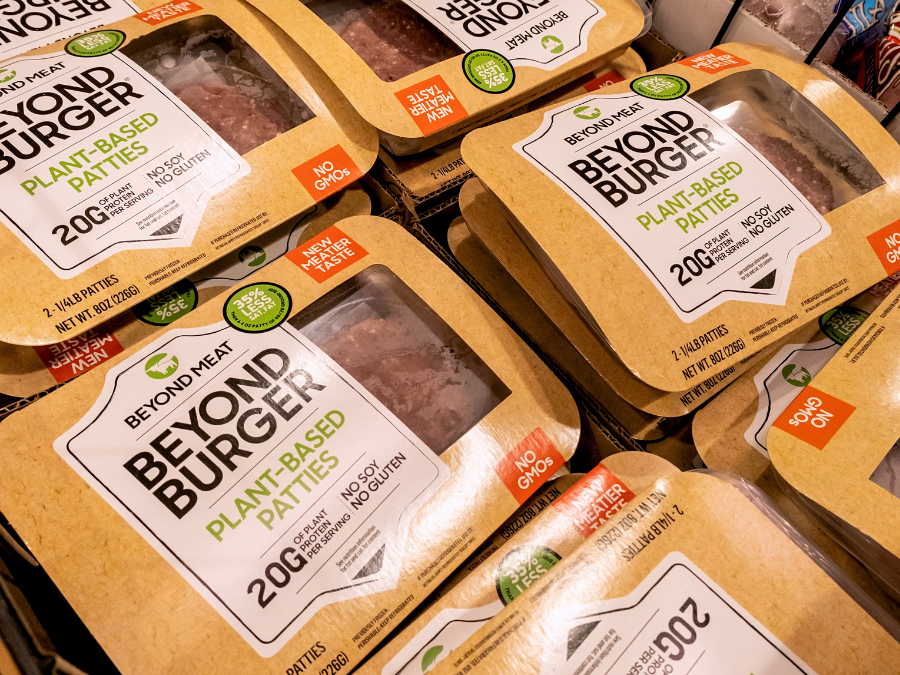Once championed as a way to simultaneously prevent animal cruelty and fight the climate crisis, the protein alternative industry looks to be tanking. This poses the question: is the veganism hype losing its spark?
In recent years, it’s become common knowledge that replacing the dearth of meat in the average person’s diet with plant-based alternatives is a sure-fire way to prevent animal cruelty and fight the climate crisis.
These substitutes – which are far more resource conservative, environmentally friendly to produce, and give the livestock industry space to pivot towards more ethical practices – soared in popularity post-lockdown especially, as the pandemic gave consumers an opportunity to consider being more socially conscious.
Ever since, start-ups like Impossible Foods, Tofurky, and Quorn have risen to fame, with the market at large now said to be worth over £1.7bn.
Not to mention that you’d be hard-pressed to traverse the supermarket aisles these days without spotting at least a few meat-free options on the shelves.
This being said, however, some new reports claim that interest in the vegan protein market is waning, after it was brought to light that Beyond Meat’s net revenue dropped by 30.5 per cent in the second quarter of 2023.
It isn’t the only one struggling, either.
During the last 12 months, the Leeds-based fake meat company Meatless Farm (which provided vegan products to Byron Burgers, Itsu, and Pret A Manger) went into administration.
/graphics.reuters.com/BEYONDMEAT-RESULTS/xmpjomorbvr/index.html_2.jpg)
/graphics.reuters.com/BEYONDMEAT-RESULTS/xmpjomorbvr/index.html_2.jpg)
Meanwhile, the Yorkshire-based sausage brand Heck reduced its vegan range, cutting it down from 10 products to two. Others, including Oatly, Innocent, and Nestlé, have done the same.
Adding insult to injury, many vegan restaurants across the UK have been forced to close due to a drop in customers.
‘This change in perception is not without encouragement from interest groups who have succeeded in seeding doubt and fear around the ingredients and process used to create our and other plant-based meats,’ said Beyond Meat’s CEO Ethan Brown, who blames the meat industry for stoking fears that vegan foods are overly processed and unhealthy.
Aside from this, the lack of interest is believed to be attributable to the fact that meat eaters who had previously experimented with vegan foods were finding the products too expensive amid the cost-of-living crisis, while vegans themselves were opting for a ‘back to basics’ approach and cooking with pulses and grains instead of fake meat.





















